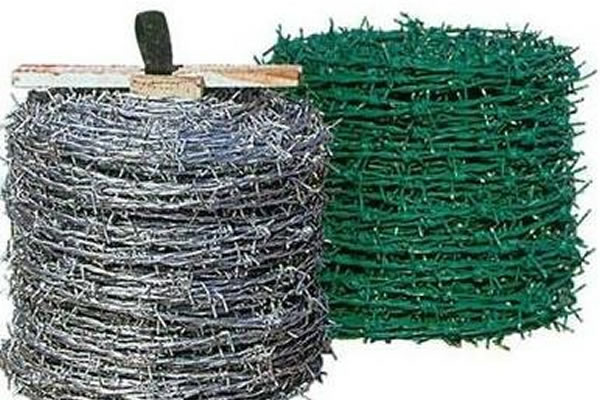 TEL:
+86-13102802206
TEL:
+86-13102802206
 Email:
fencenetting@china.com
Email:
fencenetting@china.com
 Language
Language
 TEL:
+86-13102802206
TEL:
+86-13102802206
 Email:
fencenetting@china.com
Email:
fencenetting@china.com
 Language
Language


The Benefits of River Rock Gabion Walls
In recent years, the use of gabion walls constructed from river rock has gained popularity among landscape designers, engineers, and homeowners alike. These innovative structures not only provide functional benefits but also aesthetic appeal, making them an excellent choice for various applications.
A gabion wall is essentially a wire mesh cage filled with rock, typically utilizing stones like river rock due to their natural beauty and durability. One of the primary benefits of river rock gabion walls is their effectiveness in erosion control. In areas susceptible to soil erosion, these walls act as a barrier, helping to stabilize slopes and redirect water flow. The gaps in the structure allow water to pass through, reducing pressure on the wall and minimizing the risk of failure.
In addition to their functional advantages, river rock gabion walls are highly adaptable. They can be constructed in various shapes and sizes, making them suitable for different landscape designs. Whether it’s a garden retaining wall, a decorative border, or a functional barrier along a riverbank, gabion walls can be customized to meet specific needs. Their versatility allows homeowners to create unique outdoor spaces that reflect their personal style while enhancing the functionality of their property.

Aesthetically, river rock gabion walls blend seamlessly with natural landscapes. The use of locally sourced river stones adds a rustic charm that enhances the overall appearance of gardens and outdoor areas. As these walls age, they often become more attractive, as the natural stones weather over time, resulting in a harmonious integration with the environment. This natural look makes them a preferred choice for eco-friendly landscaping.
Moreover, the maintenance of gabion walls is relatively low compared to traditional masonry walls. They do not require painting or sealing, and any damage can often be repaired simply by replacing the affected stones. Over time, this durability and ease of maintenance can lead to cost savings for property owners.
Finally, constructing river rock gabion walls can be an environmentally friendly option. They utilize natural materials and can often be sourced locally, reducing transportation emissions. Additionally, the porous nature of gabion walls allows water to infiltrate, promoting groundwater recharge and supporting local ecosystems.
In conclusion, river rock gabion walls offer a blend of practicality, versatility, and aesthetic appeal. Whether for erosion control, decorative purposes, or structural support, they provide an effective and environmentally conscious solution for any landscaping project. As more individuals look to integrate natural elements into their outdoor spaces, gabion walls are poised to remain a popular choice for years to come.